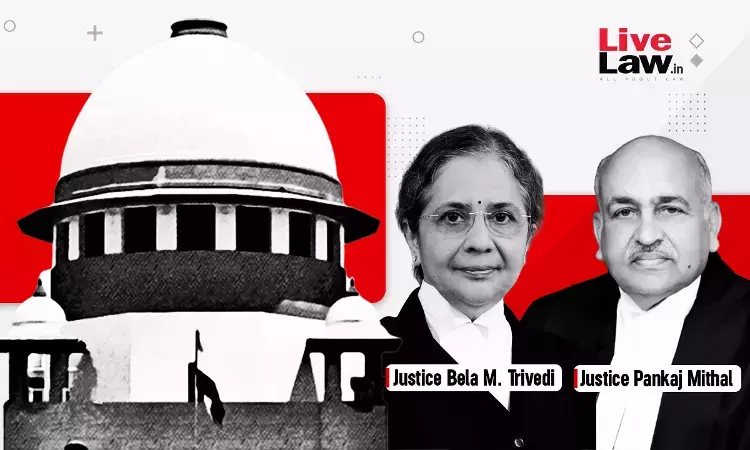Up To States/UTs To Explore Option Of 'Community Kitchens' : Supreme Court
Gyanvi Khanna
22 Feb 2024 11:21 AM IST

Next Story
22 Feb 2024 11:21 AM IST
The Supreme Court on Thursday (February 22) left it open to the States and the Union Territories to explore the option of 'community kitchens' as a means to achieve the objectives of the National Food Security Act, 2013.The Court declined to pass directions to formulate a pan-India community kitchen policy given the fact that the National Food Security Act was in force and various welfare...
